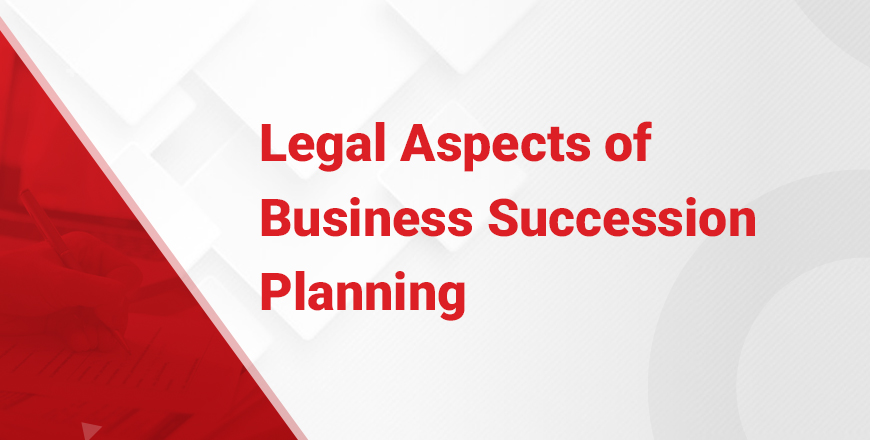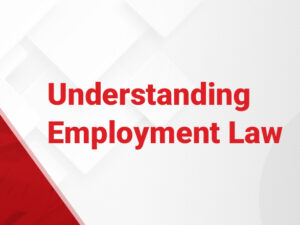Legal Aspects of Business Succession Planning
- Description
- Curriculum
- Reviews

Legal Aspects of Business Succession Planning course provides an in-depth exploration of the legal frameworks and strategies necessary for effective business succession planning. It is designed to help business owners and stakeholders navigate the complexities of transferring ownership and leadership in a way that ensures long-term success and continuity.
Main features:
- Legal Documentation Mastery: Participants will gain detailed knowledge of crucial legal instruments like buy-sell agreements, wills, trusts, and powers of attorney, which are essential for a smooth transition of business ownership.
- Succession Strategy Development: The course will guide business owners in identifying and evaluating potential successors, from internal promotions to family members, ensuring that the chosen succession aligns with the company’s long-term goals.
- Family-Owned Business Dynamics: Special focus is placed on family businesses, teaching participants how to balance emotional dynamics with business needs, and establish clear roles and responsibilities for family members during the transition.
- Seamless Transition Preparation: This course also covers how to effectively communicate the succession plan to stakeholders, provide successor training, and continuously monitor and adjust the plan to adapt to changes.
Ideal for business owners, family business stakeholders, and executives who are planning for the future transfer of leadership and ownership. It’s also suited for legal professionals advising business clients on succession planning or anyone interested in understanding the legalities involved in ensuring business continuity.
-
1Module 1: Introduction to Business Succession Planning
Introduces the fundamental importance of succession planning for businesses of all sizes.
Participants will learn why it is essential to have a strategy in place to ensure business continuity and avoid disruptions during leadership transitions.
-
2Module 1: Introduction to Business Succession Planning
-
3Module 2: Succession Strategies
This module delves into various succession strategies that business owners can consider. It covers the identification of potential successors and provides an in-depth analysis of different types of succession plans that align with business goals.
To identify and evaluate various succession strategies to align with business goals.
-
4Module 2: Succession Strategies
-
5Module 3: Legal Documentation for Succession
The critical legal documentation required for successful business succession.
Participants will explore various legal instruments, such as buy-sell agreements, wills, trusts, and powers of attorney, to ensure a smooth and legally sound transition.
-
6Module 3: Legal Documentation
-
7Module 4: Family-Owned Business Transitions
This module addresses the unique challenges faced by family-owned businesses during the succession process.
Participants will learn how to balance family dynamics with the business’s needs and establish clear roles and responsibilities for family members involved in the transition.
-
8Module 4: Managing Family-Owned Business Transitions
-
9Module 5: Preparing for a Seamless Transition
In this module, participants will explore the steps necessary to ensure that the succession plan is effectively communicated and executed. Topics include developing communication strategies, providing adequate training and development for successors, and continuously monitoring and adjusting the succession plan as needed.
-
10Module 5: Developing and Implementing a Succession Plan
-
11Module 6: Accessing Additional Resources
Provides participants with external resources and additional learning opportunities that can assist in the succession planning process. Topics include consulting legal advisors, attending workshops, and understanding relevant government and industry guidelines.
-
12Module 7: Q&A and Conclusion
The final module provides a platform for participants to ask questions and seek clarification on the concepts discussed throughout the course. It concludes with a review of key takeaways and actionable steps to begin implementing a succession plan.




